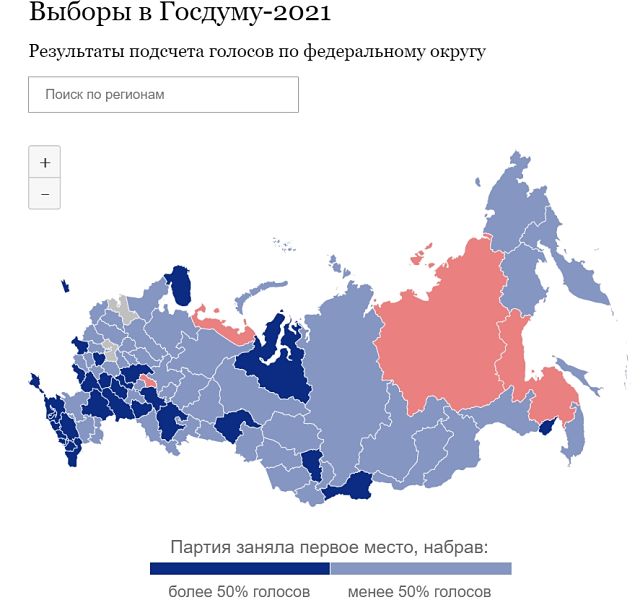Two major news stories of the day, seemingly unrelated to Muslims, but actually speaking to their situation in Putin’s Russia – the shooting in Perm and the election results.
No, Timur Bekmansurov, who committed this shooting, was not a Muslim, nor was the other individual, Il’naz Galiaviev, who committed a similar shooting in Kazan. While the latter declared himself a god and demanded to be fed halal meat in prison, the former clearly and unambiguously expressed his attitude towards all religions and the afterlife, as well as the existence of God in general, in his manifesto. So Islamophobes cannot blame Muslims for these acts of terror. On the contrary, it seems to be the result of exactly what they advocate – the separation of Muslims from their religion. This should make us think, not to justify ourselves to Islamophobes, but to ask ourselves why it is becoming more and more common for young individuals (or monsters) with Muslim names and surnames to act not just as “Islamic terrorists” but as openly godless terrorists? What is happening to us and why are we losing our youth?
Perhaps the answer to this question can be found in the second news story, the actual main political news overshadowed by these events – the results of the recent nationwide elections. One might think that there is no connection between these events, especially as far as Muslims are concerned. But let’s take a closer look at the results.
The only political party that targeted the Muslim electorate by including an Islamic activist from the Caucasus and a representative of the country’s largest Muslim population from Tatarstan – the Russian Party of Freedom and Justice (RPSS), led by Maxim Shevchenko, who has been working for years to defend the religious rights of Muslims and their prisoners of conscience – received only 0.8% of the vote in these elections. Meanwhile, United Russia – the party whose leader openly praised the organizers of the genocide of Muslims in Bosnia before the elections, and which had previously consecrated an all-Orthodox temple as the main temple of the Russian Armed Forces – received 49% of the vote.
But one might think that the party appealing to Muslims received so few votes because Muslims consider it forbidden to participate in non-Islamic elections. This would not be the worst scenario, but unfortunately the reality is different. Besides the ultra-Orthodox regions of Belgorod and Bryansk, it was the Muslim regions that gave the most votes, in percentage terms, to the Islamophobic and crusading party “United Russia”. Here are the percentages of votes for this party in the respective regions: Chechnya – 96.6%, Ingushetia – 95.18%, Dagestan – 83.2%, Tatarstan – 80.2%, Kabardino-Balkaria – 78.98%, Karachay-Cherkessia – 75.88%, Adygea – 70.99%, Bashkortostan – 68%.
In Dagestan, Ingushetia, Tatarstan, and Bashkortostan, the RPSS received less than one percent of the vote, in Kabardino-Balkaria – 0.07%, in Chechnya – 0.31%, and in the Central Russian Republic only 0.77%. In conclusion, it can be said that in Muslim regions the majority voted for the main Islamophobic party, while the least voted for the only party that consciously represents the interests of Muslims. On the one hand, it is somewhat understandable why this happens – at least in the Caucasus region, which is a zone of harsh colonial rule, where the repressive practices that were tested there and approved by the majority of the Russian population are now returning to them. On the other hand, we fear that we cannot attribute everything to repression. In Tatarstan and Bashkortostan (with the third largest Tatar population), for example, there is no repression like in the Caucasus, yet the RPSS received almost nothing there, despite the inclusion of the well-known Tatar historian Damir Iskhakov in the party’s federal list. It is clear that falsifications were widespread, but if Muslims had voted for this party to some extent, the results would have been different even after the falsifications. Nevertheless, the results are as they are – 0.8% for the only party that represents the interests of Muslims.
It is very indicative of the real influence and prestige of the “20 million Russian Muslims in the multinational Russian Federation”. So, back to the main news – should we be surprised that they, i.e. we, are losing our youth?

